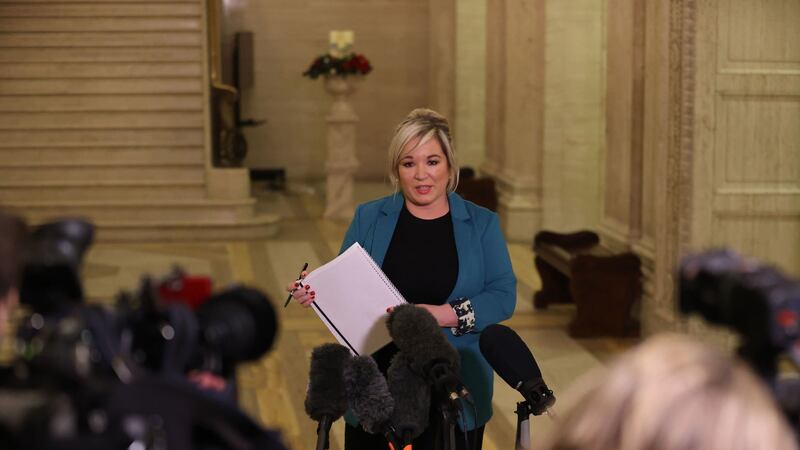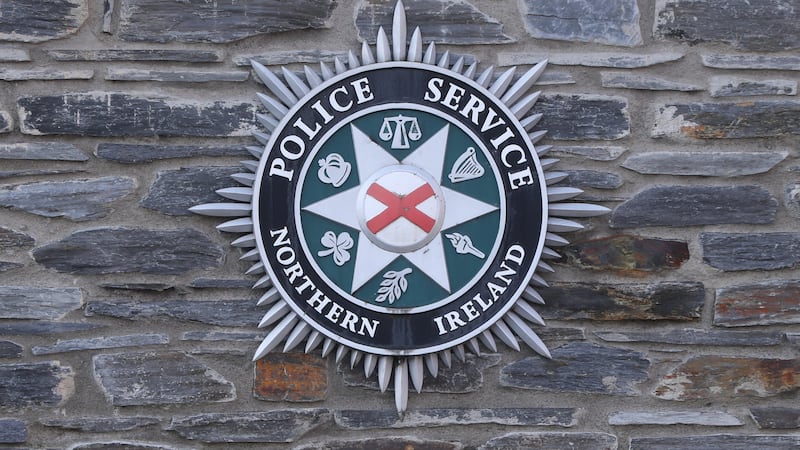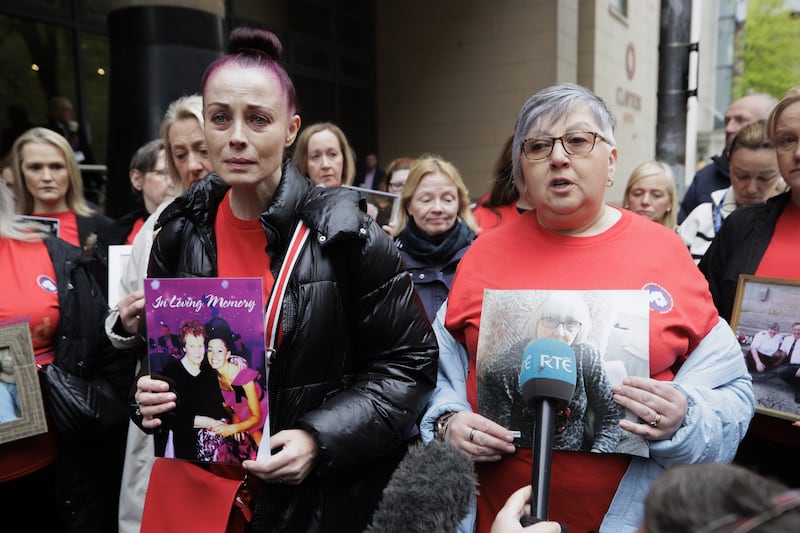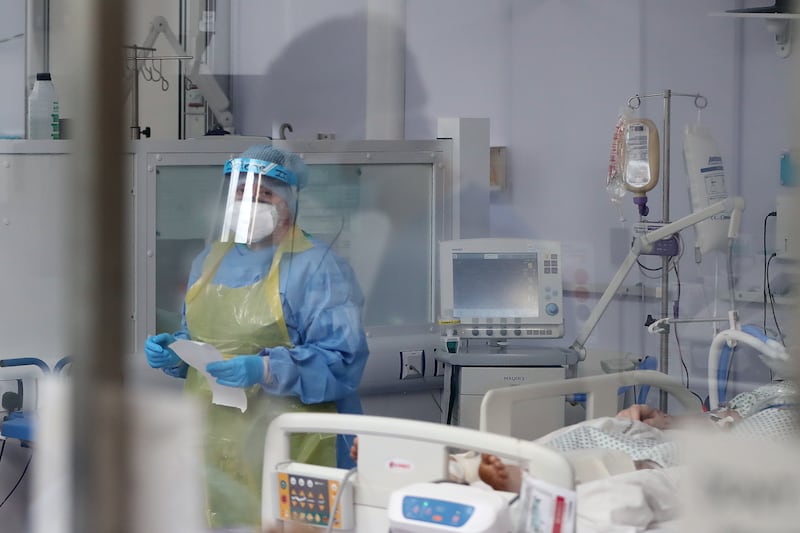A new six-week lockdown to curb the spread of Covid-19 is "draconian but necessary", the deputy first minister has said.
Stormont ministers agreed to close non-essential retail and contact services, as well as restricting the hospitality sector to takeaway only, from December 26.
No sporting events will be permitted, with an overarching message to the public to stay at home.
However, the festive bubbling arrangements will be permitted.
The first week of the intervention will include an 8pm curfew for essential shops and all indoor and outdoor gatherings prohibited from 8pm until 6am.
The measures are set to be reviewed after four weeks.
- Hospitality will be closed in its entirety, except for takeaway
- All non-essential retail will be closed
- The first week of the intervention will include an 8pm curfew for essential shops
- Off-licences will be forced to shut their doors at 8pm
- Hotels will be opened until December 28 to accommodate Christmas bookings
- Dog grooming will also be open, but car washes will be closed
- Schools will remain open
- No sporting events
Michelle O'Neill said schools were also discussed and ministers agreed they should remain "open for now", but added the health and education departments will discuss more moves such as blended learning.
"That conversation continues and I expect that both health and education will be able to say more about that over the course of the days ahead," she said.
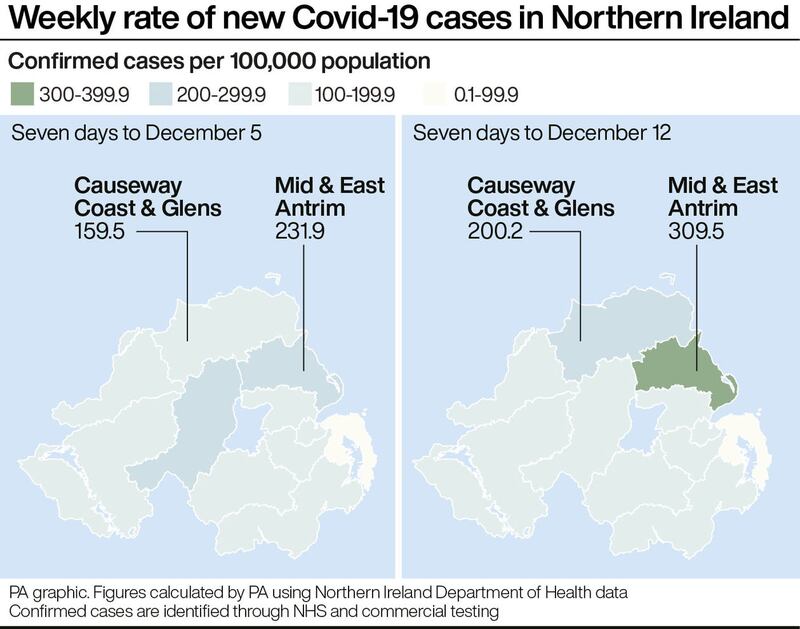
Ms O'Neill said without this action the health service would be "completely crushed" by January.
"Whilst this is draconian in many ways, it's necessary, and this is about saving lives, this is about saving the health service and this is about taking some pressure off the health care staff," she told reporters at Stormont last night.
"It wasn't an easy decision."
— Sky News (@SkyNews) December 18, 2020
Health Minister Robin Swann says it's "necessary" for Northern Ireland to enter a six-week lockdown on Boxing Day as COVID case rates continue to rise. He says the six weeks will be reviewed after four in lockdown.https://t.co/EtZnzv5TTL pic.twitter.com/DoJK1PWd45
"We've never been in such a bad position as we are now and will be in January if this didn't happen now."
She described what ministers have agreed as a "longer and deeper intervention".
"That's been a collective position from the Executive that has been arrived at this evening," she said.
Health minister Robin Swann said the restrictions will come into effect from midnight on Christmas, effective from Boxing Day.
"The Executive has probably taken its hardest decision, its most deep decision, in regards to how we have had to combat Covid-19 collectively," he said.
"We will be looking to a six week lock down where the message will be work from home, stay at home.
"Anyone who hears tonight's decision will realise when they have seen the pressure our that health has been under due to the number of Covid cases, I hope understands why and accepts why we have had to make these decisions.
"There is no other way."
Mr Swann said almost 10,000 people have received the coronavirus vaccination, mostly care home workers and care home residents.
"When we look at what we've announced here tonight, it is with that look to the future... vaccines and the opportunity they can bring," he said.
"The vaccine brings too much of an opportunity to lose over the next few weeks."
He added: "The main message coming out from the decisions tonight is when you think about what you are going to do today, what you are going to do tomorrow, imagine you are back at the start of the year, imagine that initial lockdown. Manage your activities, manage your day to day life as to how you did then, because it worked for us then."
Case numbers continue to rise in Northern Ireland despite the latest two-week circuit-breaker.
Health chiefs have cited low compliance with the regulations and guidance as a reason infections, hospital admissions and death rates remain relatively high.
Hospitals across the north are running over capacity.
The Northern Ireland Ambulance Service announced yesterday that paramedics from the Republic are set to bolster their numbers this weekend.
Michael Bloomfield, chief executive of the Northern Ireland Ambulance Service (NIAS), said the move is "relatively unusual" and reflects the pressure they are under.
On Tuesday, queues of ambulances were witnessed at accident and emergency departments (EDs) as patients were treated in car parks due to a lack of capacity inside the hospitals.
At one point 17 ambulances containing patients were lined up outside the ED at Antrim Area Hospital.
Yesterday, the Department of Health's dashboard revealed a further 12 people with Covid-19 had died, bringing the north's toll to 1,154.
Another 656 new cases of the virus were notified, while figures indicated pressure remained high on hospitals with 460 Covid-19 positive patients, including 32 in intensive care.
The hospital occupancy rate was 104 per cent.
